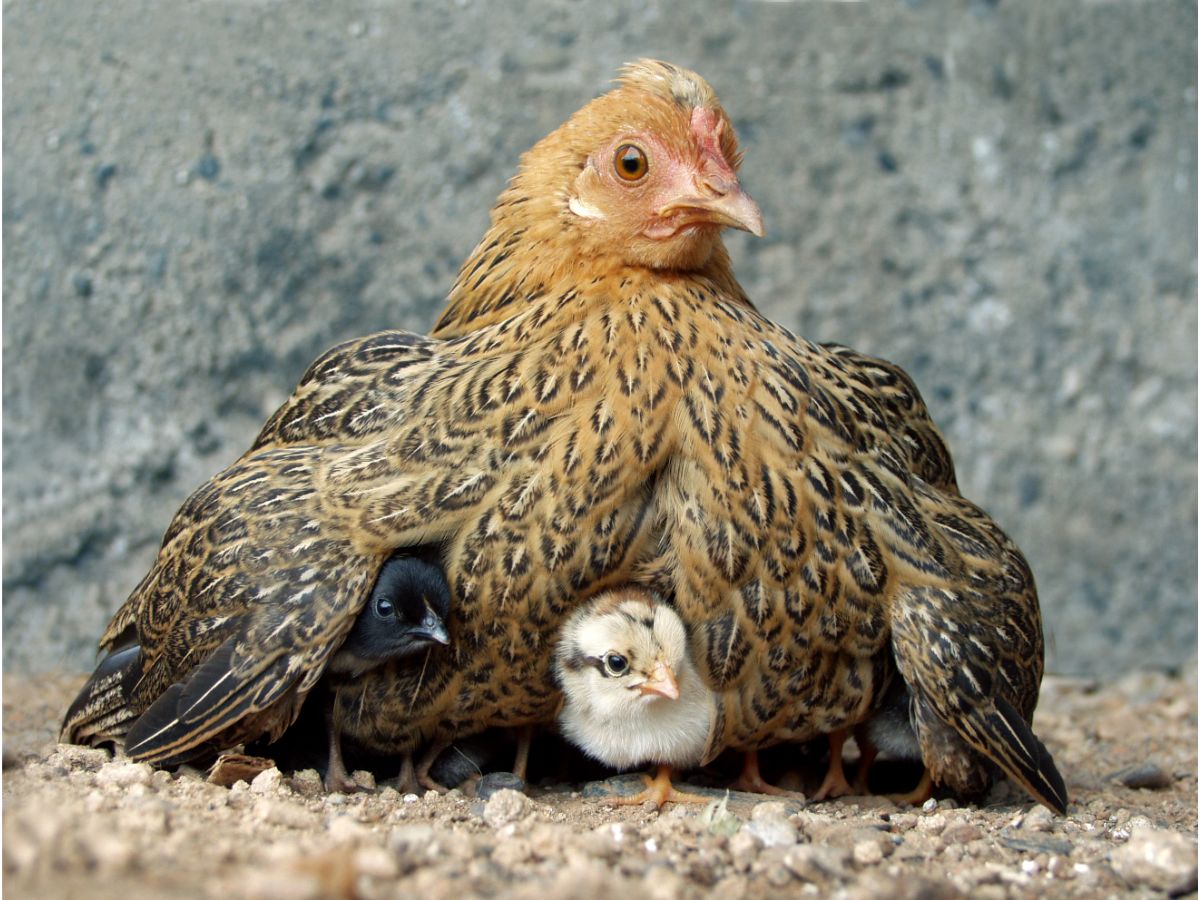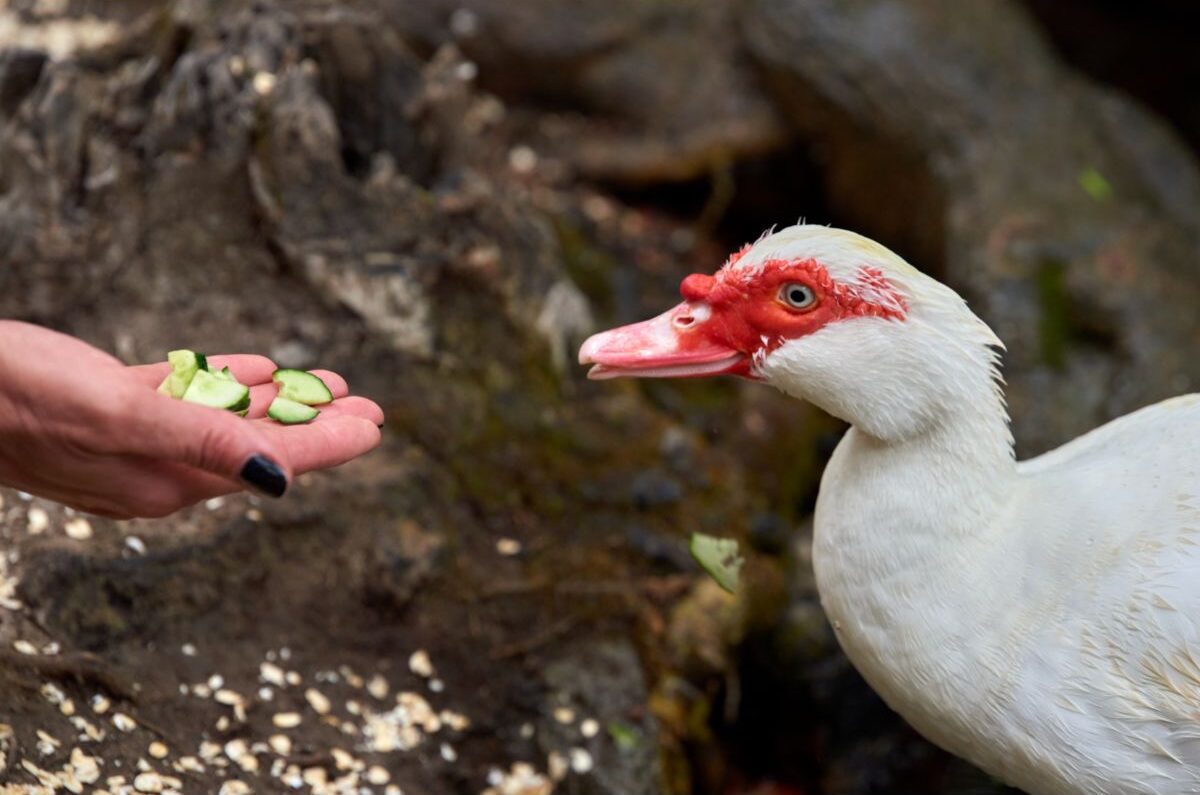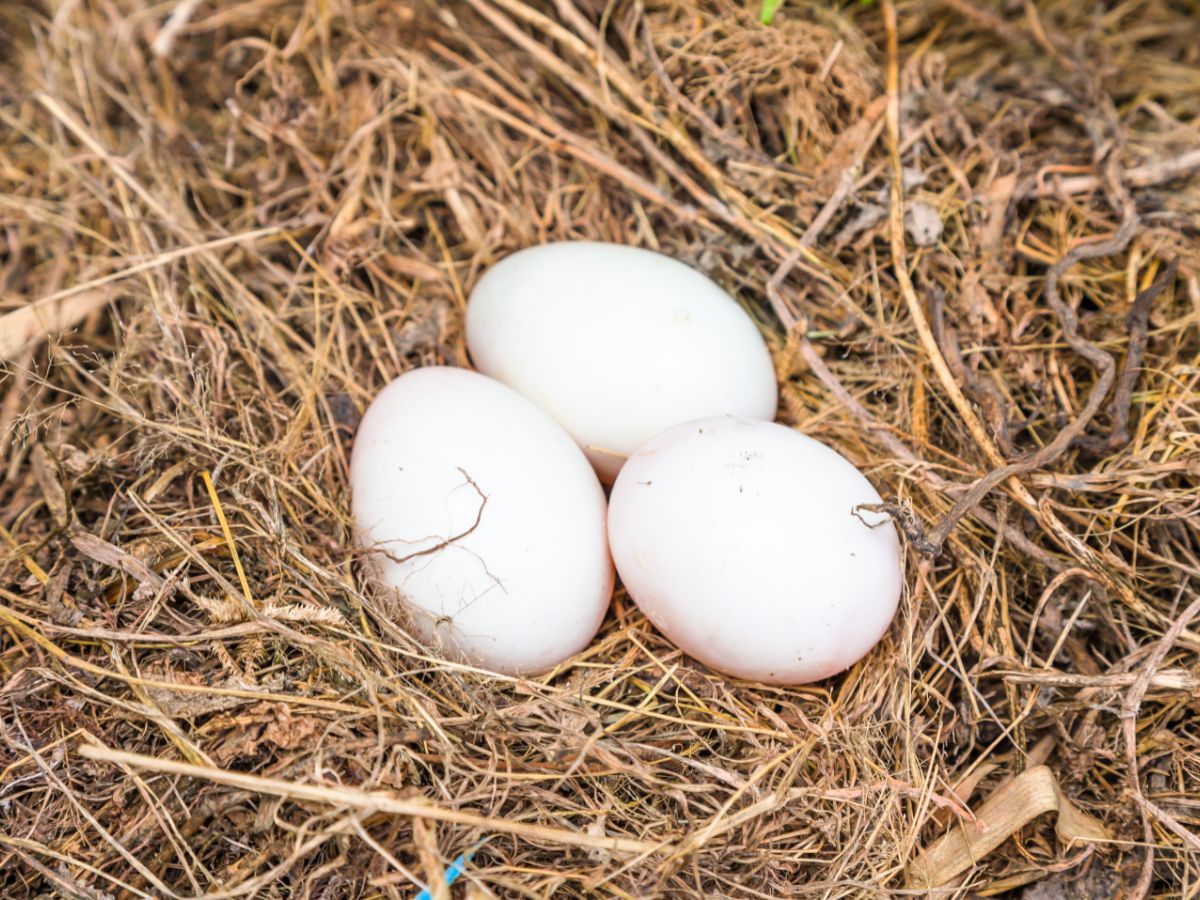Which Is Best: Broody Hen Vs. Incubator? – Pros & Cons
There are two methods for hatching a clutch of chicken eggs – using a broody hen or an incubator. If you have never hatched eggs before, you may be wondering which method is the easiest and most reliable.
If you incubate eggs under a broody hen, she does the hard work for you. This is the easiest method with the highest success rate. While hatching eggs in an incubator involves more work, it has the advantage that you can incubate as many eggs as you want at any time of the year.
Using an incubator may be better for some people while using a broody hen works better for others. It all depends on what is practical for you. In this article, the pros and cons of each method are explained so that you can make a properly informed decision about how you will hatch out your chicken eggs.
Contents
Broody Hen Vs. Incubator – Which Is Best For Hatching Eggs?
Chicken owners who have hatched out eggs in an incubator and under a hen before report that the success rate for the latter method is about 10% higher.
Generally, the hatch rate is between 55 and 75% in an incubator and between 65 and 85% under a hen. Depending on the eggs’ quality and how well the hen sits, the success rate can be 100%.
However, the success rate is not the only factor to consider when deciding how you will hatch your clutch of chicken eggs.
You must think about how much time you have to keep an eye on the incubator and how much effort you can put into the process. Being a mother hen is hard work!
If you are using a hen, you need to create a separate coop for her. Do you have enough space for this? If not, then using an incubator may be best.
Pros And Cons Of Using An Incubator To Hatch Chicken Eggs
Using an incubator to hatch a clutch of chicken eggs is advantageous for a few reasons:
- Hatch as many eggs as you want.
- You can incubate eggs at any time of the year because you do not have to wait for the broody season (spring and summer).
- Hatchlings from an incubator grow up to be tamer because they perceive you as the mother hen. This makes them better pets.
- Incubators are cheap and easy to get your hands on. Depending on how fancy the incubator is, it may be cheaper than setting up a whole separate chicken coop for the mother hen.
However, if you want to use an incubator to hatch chicken eggs, you must be aware of the disadvantages:
- This method requires significantly more effort on your part.
- There is a ton of room for error, and mistakes can feel devastating.
- You constantly have to monitor the temperature and humidity levels in the incubator to ensure they stay in the optimal range.
- Every day you must check the water level in the incubator and fill it up when necessary.
- Unless the incubator has an automatic egg turning rack, you have to manually turn the eggs multiple times a day.
- If there is a power outage, the whole clutch of eggs can be lost.

Pros And Cons Of Incubating Chicken Eggs Under A Broody Hen
The advantages of using a broody hen to incubate a clutch of eggs are:
- The hen does all the hard work for you.
- No need to worry about monitoring the temperature and humidity levels in the incubator.
- No need to check the incubator’s water level every day and fill it up.
- You do not have to fret over turning the eggs multiple times a day.
- This method does not rely on electricity, so power outages are not a problem.
- The mother hen cares for the chicks after they hatch, keeping them warm and showing them where to eat and drink.
- Usually, a broody hen has a better success rate than artificial incubation.
For a beginner, it may seem that hatching a clutch of eggs under a broody hen is the way to go. But this method also has several drawbacks:
- You must set up a whole separate chicken coop for the mother hen.
- Not all hens can become broody.
- You can only hatch out eggs when a hen becomes broody. This limits you to spring or summer.
- When you have a broody hen, you may not always have a fertile clutch of eggs that are ready to be incubated.
- When you have a fertile clutch of eggs you want to hatch out, there may not always be a broody hen that is up to the task.
- You can only incubate 8 to 12 eggs at a time.
- Hens do not always have the best maternal instincts, even if they go broody. They may abandon the nest, or step on the eggs, breaking them.
- Hens poop in their nest, so it is difficult to keep the eggs clean.
- Some eggs may turn rotten and go unnoticed until they explode in the nest.
Which Chicken Breeds Are Best For Hatching Eggs?
Some breeds of chicken, like Leghorn, Ancona, New Hampshire, and Rhode Island Red, have had the genetic trait for broodiness bred out of them. These breeds rarely have the urge to sit on a clutch of eggs, so if you keep them, you should opt for hatching out eggs in an incubator.
The chicken breeds that are most prone to becoming broody and thus best for hatching out eggs are:
- Silkie
- Sussex
- Orpington
- Dorking
- Brahma
- Dominique
- Cochin
Conclusion
If you can keep a watchful eye on the incubator for three weeks and want the chicks to see you as their mother, artificial incubation is best. If you have a chicken breed that does not go broody, then artificial incubation is the only viable route.
However, if you have a broody hen and a clutch of eggs you want to hatch, the easiest method is natural incubation. The hen does all the hard work for you, and you can just sit back and admire the sweet little chicks as they emerge.




